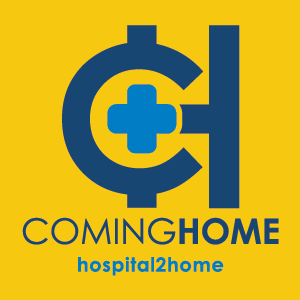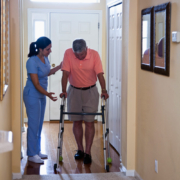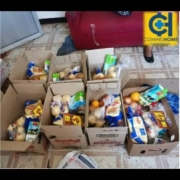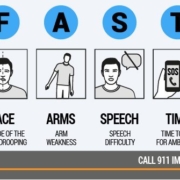Coming Home Organisation (CHO) provides inclusive Home recovery designed for your needs.
Like most patients or any other illness survivors, everyone has the goal of returning to live independently at home. But even with the help of family or caregivers, recovery can be a challenge. Which is why hosipital2home- coming home organisation provides comprehensive Home recovery with specialized strategies and techniques to help patients fully recover at home.
Rehabilitation therapy usually begins in the hospital as soon as the patient’s medical condition is stable, often within 24 to 48 hours. When the patient is ready for discharge, a trained caregiver will help develop a plan for continuing rehabilitation and care for Home recovery.
To help speed the Home recovery process these are few tips a caregiver pay attention to in order to handle common issues regarding Home recovery:
- It’s better to find out than miss out. Be aware of your loved one’s medications and their side effects. Find out if your home should be modified to meet the needs of the stroke survivor. Ask a doctor, nurse or therapist to answer your questions about what to expect.
- Reduce risks, or stroke may strike again. Survivors are at high risk of having another stroke. Make sure your loved one eats a healthy diet, exercises, takes medications as prescribed and visits their healthcare provider regularly.
- Many factors influence recovery: where in the brain the stroke occurred; how much of the brain was affected, the survivor’s motivation; caregiver support; the quantity and quality of rehabilitation; and the survivor’s health before the stroke.
- Gains can happen quickly or over time. The most rapid recovery usually occurs during the first three to four months after a stroke, but some survivors continue to recover well into the first and second year after their stroke.
- Some signs point to physical therapy. Caregivers should consider assistance from a physical or occupational therapist if their loved one has: dizziness; imbalance that results in falls; difficulty walking or moving around daily; inability to walk six minutes without stopping to rest; inability to participate in or complete daily activities.
For more information about Home recovery visit coming home organisation to help your loved ones recover fast at the comfort of the homes.




